Mental Health: The impact a failing system is having on front line staff
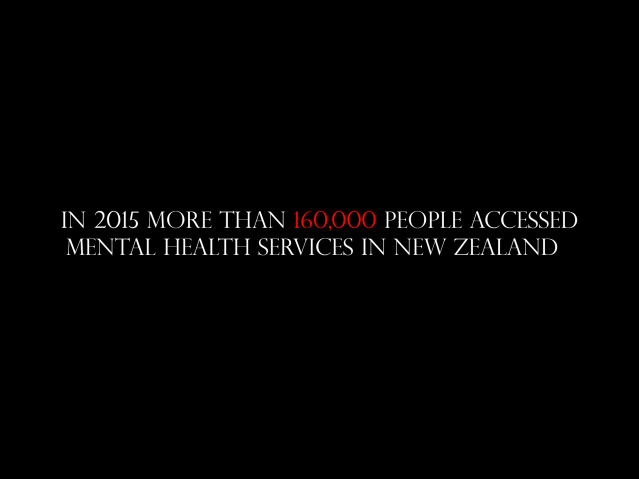
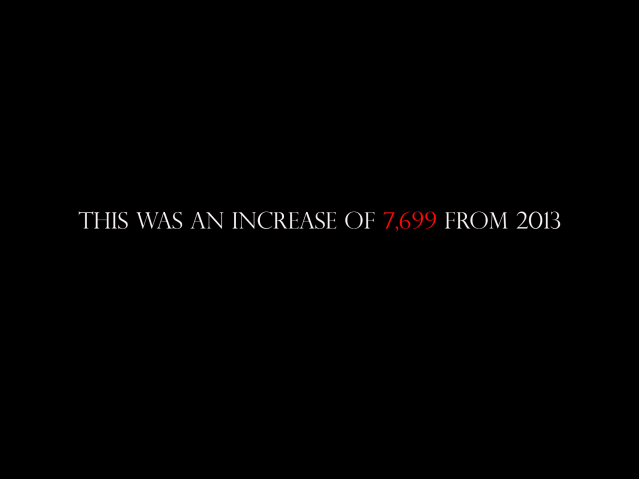
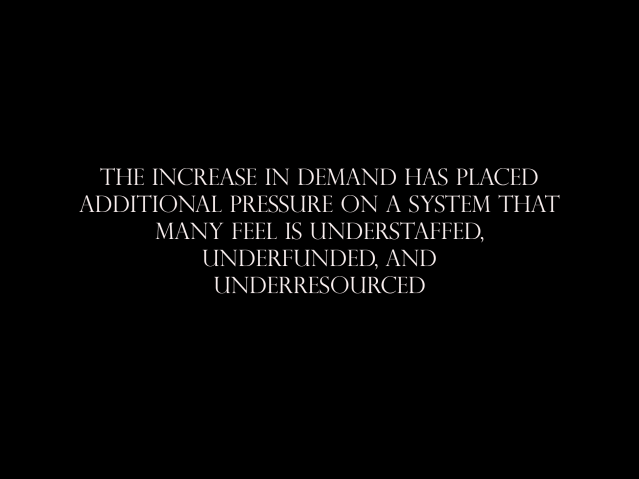

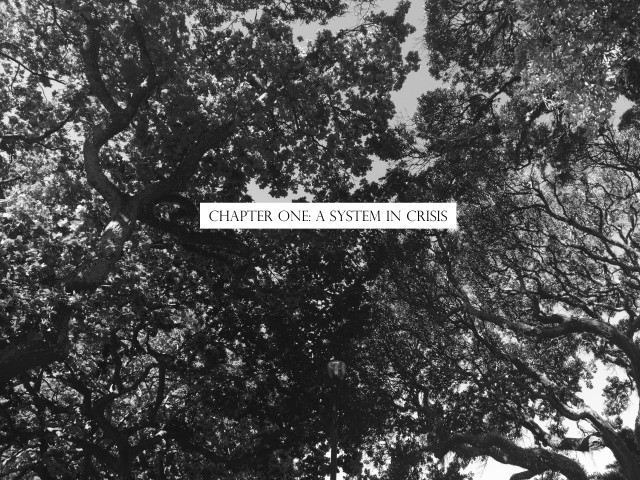
Earlier this year Marianne Elliot co-authored The Peoples Mental Health Report, a document which explored personal experiences in the mental health system.
Ms Elliot and her team received more than 500 submissions from people across the country, many of whom worked in mental health.
She said almost all the submissions described a system that was crumbling under the pressures of poor funding, resourcing, and staffing.
“The very consistent theme that came in the stories from staff was that they were being asked to do more and more and more work to look after more people, without added resources,” she said.
According to Ms Elliot workers reported suffering serious cases of “burnout” as the result of ever-increasing workloads.
“They described everything from stress to exhaustion – so where they simply didn’t have enough time in the day to care for the people or process the people or provide services to the people who needed them.”

New Zealand College of Mental Health Nurses president Anne Bebner agreed, stating that she had received several complaints from nurses who felt the sector had been neglected by those in positions of power.
“What is being told to us as the College is that people are working really hard and there has been no new money put into services,” she said.
“They are having to make do with systems that have not been updated.”
However, Ms Bebner asserted that stories of staffing issues had been exaggerated and vacancies in some areas of mental health had always been hard to fill.
“Acute work, like in an acute inpatient mental health unit and inpatient wards for older people…they’ve always traditionally been hard to staff as it’s quite unique work.”
She said these units often rely on bureau staff to manage the workload, which is not the horror it is made out to be.
According to Ms Bebner, these staff are well-known to the units, as they tend to be ex-full-timers who wanted a break from shift work or may be easing out of maternity leave.

As a result of these highly publicised concerns, Prime Minister-elect Jacinda Ardern has pledged to launch a full investigation into the mental health sector if elected Prime Minister.
“One of the things we need to do is make sure that our community mental health workers are properly supported,” she said.
“We want to review the way our system is working overall…we are committed to a review of the mental health sector.”

Alana Lythe has been an inpatient in both the public and private mental health sectors and noted the vast differences between the two.
She said public mental health fell short in almost every area.
“Personally I think the public mental health system needs a lot of work just because it’s really easy to get lost,” she said.
“It feels like their solution to everything is to medicate everyone.”
“As soon as you’re in the public sector the first thing they do is put you on medication,
Then each time you go to an appointment they will ask “are you improving?” and if you say no they will up your dose of medication.”
According to Ms Lythe, staff in the private sector were far more holistic in their approach to wellness, offering up solutions such as exercise, therapy and other methods before increasing medication.
She said this was most likely due to the fact that there were fewer patients, meaning staff had the time to discuss and implement different treatment options.
In addition, Ms Lythe found she and other patients were often turned away from public support services if they were not considered “bad enough” to receive care, which she puts down to a lack of staff and funding.
“In the public system if you are going into programmes there are a lot of waiting lists,” she said.

“I also felt like they didn’t take you seriously unless you did something to show that you desperately needed the care…I saw a lot of patients even in the private sector do drastic things just to be taken seriously, just to get the care they needed.”
However, Ms Lythe said she does not blame staff for the public sectors issues, as they seemed to share a lot of her frustrations.
“The nurses from what I could tell were working really long hours and they had a lot of things that they were trying to do at once…and it felt very impersonal because the nurses are just so busy just trying to stay afloat that they didn’t really have that one on one time to give,” said Ms Lythe.
“I think it must be really frustrating for them because really when I was in the private sector the nurses got a lot more one on one time with the patients and they really got to see the benefits of the work they were doing.”
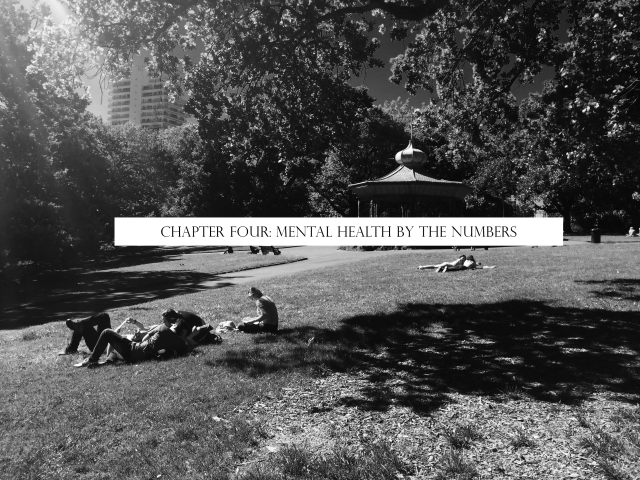
Despite these concerns, former Minister of Health Dr Jonathan Coleman stated the mental health system was steadily improving.
“We had 96,000 people eight years ago seeking specialist mental health services, while last year it was 168,000 so you can see that is a huge increase relative to the population growth in that time,” he said.
“So we’ve increased the money…it’s gone from 1.1 to 1.4 billion dollars a year, and in actual fact despite what you’d read more people are getting access to services and waiting times are coming down, but there is no question that there is still more that we need to do.”

However, Dr Coleman’s funding has been the target of heavy criticism, with the Council of Trade Unions (CTU) stating the increases had actually amounted to a cut when compared to the drastic increases in demand.
“In 2017/18, mental health services funded by the Health budget will receive just $18 million extra funding compared to what they spent in 2016/17- an increase of approximately 1.2 percent, which is a cut in real terms,” said the CTU in a statement.


According to Dr Coleman, old school institutional methods are starting to be phased out in favour of more holistic treatment, but he said a full transition would not happen overnight.
“We’ve gone from deinstitutionalisation…to stigmatisation which has been a big theme over the last ten years led by people like Sir John Kirwan,” he said.
Dr Coleman was referring to the campaign run by the New Zealand government and legendary ex-all-black Sir John Kirwan, who described his battle with depression to raise awareness about the illness and break down stigmas surrounding it.

Dr Brian McKenna has worked in forensic mental health and now lectures at the Auckland University of Technology.
While he admitted there were flaws in the system, he agreed with Minister Coleman that progress was being made.
“I think one of the big challenges for staff working in these services is that traditionally some of these services have been more custodial in their orientation so they have managed some of the symptoms and presenting behaviour people exhibit in a more restricted way, but those sorts of practices have been challenged now for a long time,” he said.
“Our services are moving more from that custodial sort of approach to what is referred to as recovery-oriented, so there is a whole way of thinking now which moves away from the traditional medical model way of viewing people as the professional knows best…to a realisation that actually people have the answers within themselves.”

However, Dr McKenna stated that implementing these new strategies would take time, as they would require staff to learn new communication and care strategies.
He also criticised those who refer to the mental system as “the ambulance at the bottom of the cliff”, and stated the description was outdated.
“It’s not just a mental health related thing, it’s an all of health-related thing…traditionally we haven’t really worried about people until they become unwell and then we pour resources into getting them well,” he said.
“But I could take you to some services which are absolutely recovery orientated, where staff are energised by their work, where consumers are responding; you know we have got a whole variation of services…which are well embracing this person-centered approach and are doing some quite amazing things with people.”

2017 has seen many well-known New Zealanders calling for a review of the mental health system.
Comedian Mike King has been vocal in his desire for an independent inquiry, which he thinks should be done before any extra funding is funnelled into the system.
“I think we should do a stocktake of the services that are already available,” he said.
“We need to find out what’s working, and not working before we make any changes to the service itself.”
Mr King said the inquiry should not be viewed as “politically destabilising” or a direct attack on mental health services.
He said the reason for the review would be to get “better outcomes for vulnerable New Zealanders” including staff.
Mr King hopes that Ms Ardern will fulfill her promise to launch an inquiry now she has been elected, and said it was a matter of extreme urgency.
Ends
Veni, Vidi, Vici
I Came:
Three years ago, a gawky, overexcited eighteen year old walked into AUT. Back then, I didn’t really know what I wanted to do with my life other than write stories. In the second semester of that year, I decided to enroll in a paper called ‘Principles of Journalism’ and its safe to say I never looked back.
I Saw:
Over the years I saw my friends flourish. Some in the creative sector, some in journalism and others in public relations (ew!). I saw myself and my passion for journalism grow exponentially, especially in semester two where I was introduced to the wonders of radio journalism. It was at this time that I decided I would make it my mission to gain employment with Radio New Zealand.
I Conquered:
Ok, this one is a bit of a reach seeing as I haven’t graduated yet. However, I can safely say that I feel I have climbed to the top of the mountain.
However for me to say this feeling has come purely because of hard work would be a lie.
I would like to take this opportunity to say a huge thank you to the academic team at AUT. I truly could not have got through these three years without your advice, time, and support.
I would also like to say thank you to all of the support staff. In particular, Nellie from T.V. loan out who always went out of her way to help me when I couldn’t figure out how to book a camera or get into an editing booth- I think I speak for everyone when I say Nellie is the true star of Communications.
And finally, to the journalism tutors; all I can say is thank you for never giving up on me, even when I was about ready to throw in the towel. Thank you for giving me honest and critical feedback, even if I didn’t always appreciate it at the time. And thank you for being the most inspiring group of people I have ever met.
I truly appreciate all you do.
Katie
Week Eleven
Well, it turns out I was right not to take photos of mental health facilities as I have been informed by a friend who studies nursing that this would highly inappropriate. On reflection, I should have been more creative with my image ideas and potentially spent more time planning them, but in the end my interviews took precedent.
This weeks work was very much rooted in research and transcribing interviews. I spent the bulk of my time looking through my OIA’s, pulling out information and trying to make sense of the numbers. Luckily, my interview with Dr Brian McKenna provided me with a lot of context for the statistics provided in the OIA’s.
The highlight of this week was my interview with Alana Lythe, who spent time in both the public and private, youth and adult mental health system. The information she gave me was invaluable, and she had a very balanced view of the sector despite some of the obstacles she had encountered.
My final post will be up on Thursday, and will be an overall reflection of my time in this paper.
Katie
Week Ten
Well here we are- two weeks to go!
I have done a couple of interviews and have uncovered some very interesting information. It turns out that many nurses are incredibly unhappy with how the media have portrayed the mental health sector.
I may make this my overall angle as it seems to be a widely held opinion within the sector.
One problem I am running into is photos. I have been unable to take any, as many people are unwilling to be photographed. In addition, I feel there is a certain perverseness to taking photos of mental hospitals. I feel like it is invading a territory I do not belong in.
To remedy this, I am going to use images of old mental institutions such as Lake Alice which tie in with an aspect of my article (I’m not going to tell you what that aspect is though! You will have to read and find out!)
See you next week!
Katie
Week Eight and Nine
You may be wondering why I have combined these two posts. Well, it is simply because I have not done anything the last two weeks due to the fact that I have other assignments.
I still need to transcribe all of my interviews, which I keep putting off as transcribing is the most boring aspect of journalism.
I also need to take some photographs. I am thinking of travelling to the Mason Clinic and taking a few photos of the buildings, which I hope will suffice. I will also take some photos of Auckland Hospital.
Finally, I am going to try and find someone who has been through the mental health system and has had direct contact with nurses. I feel like this will add a personal aspect to my story.
That is all for this week!
Week Seven
To be quite frank, I have not done much work on my investigative piece, as I have been preoccupied with other assignments.
I have however interviewed Jonathan Coleman, which was exciting. The interview went well and I got some good content.
I also saw Jacinda Ardern at the University of Auckland and fought through a media scrum to get comment from her about mental health nursing.
I have also managed to arrange a video interview with an ex-mental health nurse and lecturer at AUT University. I feel this may be as close as I can come to interviewing a nurse, as they are governed by a lot of ‘red tape’ due to the nature of their work.
That’s all for this week!
Week six
In what can only be described as the most exciting turn of events in history, I have been given the opportunity to interview Dr. Jonathan Coleman face to face.
I am extremely nervous about this interview as it is the first time I will be speaking to a minister. However, I plan to be cool and calm.
Over the next few weeks, I am going to research more about a day in the life of a mental health nurse. I have been given the contact details of someone in a private mental health facility so I am going to call them and have a chat about their experiences.
My OIA is also due to come in so I am going to read those documents and from there start to narrow my point of focus.
Week Five
This week there was a lull in my world of investigative journalism, as I spent my time writing a few other assignments I had due.
For this reason, I will keep this post brief and just update you on my thoughts about my topic.
I must admit that this topic is far more complex than I first thought. There seems to be a lot of barriers being placed up before me. I have noticed that many nurses are incredibly skeptical of the media which stems from the increasingly negative media coverage surrounding the mental health sector.
As a result, I am working to build up trust and respect between myself and people within the industry.
That’s all for this week!
Week four
This week saw me interview Anne Bebner who is the president of the New Zealand College of Mental Health Nurses. She gave me some very interesting information, and I now have some new avenues to explore.
I was able to find a new source this week in the form of a mental health nurse who does not work for a DHB, which means she has more freedom to talk to me about her experiences. Apparently DHB’s have a firm set of rules which makes it difficult for staff to speak with media.
I am now going to spend next week following up on my OIA’s and reading more reports about mental health in New Zealand. I also plan to email some more sources to set up interview times.
That is all for this week!
